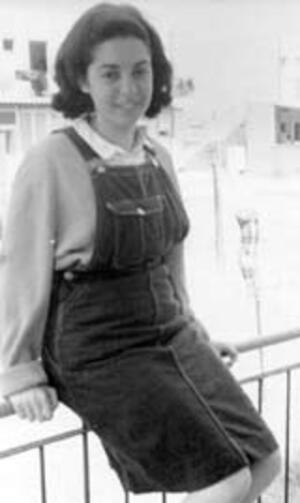Miriam Cohen Glickman
One of the first white women to do field work for the civil rights movement in the South, Miriam Cohen Glickman was assumed to be black by the locals, who called her “bright,” a word for light-skinned African Americans. Glickman began her protest work in high school and began visiting civil rights projects in the south in 1961, officially joining the Student Nonviolent Coordinating Committee just before graduating Brandeis in 1963. That summer, after the mass arrests of civil rights workers in Albany, Georgia, Glickman spent a week in jail on a hunger strike with fellow activists. Her father, editor of the National Jewish Post and Opinion, used colleagues at the New York Times to bring national attention to the mass arrests. Glickman then worked on the “mock vote” project in Meriden, Mississippi and conducted research for SNCC before controversies about white workers in SNCC forced her out of the organization. After graduate school at the Bank Street College of Education, Glickman began a long teaching career. As of 2014, she lives in California and remains involved in local political issues.



